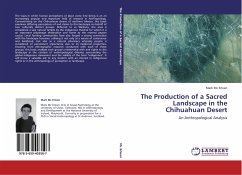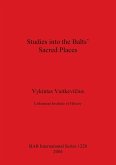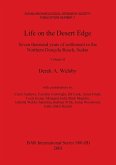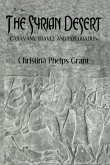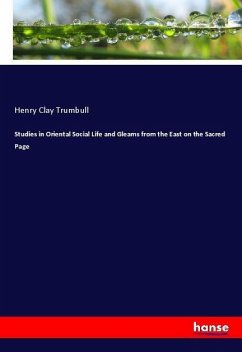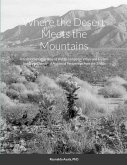The ways in which human perceptions of place come into being is an an increasingly popular and important field of research in Anthropology. Concentrating on the Chihuahuan desert of northern Mexico, this book examines differing perceptions of and claims to this landscape on behalf of two culturally distinct groups. Referred to as Wirikuta, the area is considered a vast natural temple by the indigenous Huichol for whom it is an important pilgrimage destination and home to the revered peyote cactus. Local farming communities have also forged a strong connection with the landscape however, utilising it not only as a means of sustenance and livelihood, but also as a natural pharmacy whereby peyote is considered of paramount importance due to its medicinal properties. Drawing from ethnographic research conducted with each of these groups, this book analyses each group's relationship with and rights to the landscape in the context of anthropological debates surrounding the global indigenous movement and the validity of the term "indigenous". It will prove a valuable aid to any student with an interest in indigenous rights or in the anthropology of perception or landscape.
Bitte wählen Sie Ihr Anliegen aus.
Rechnungen
Retourenschein anfordern
Bestellstatus
Storno

